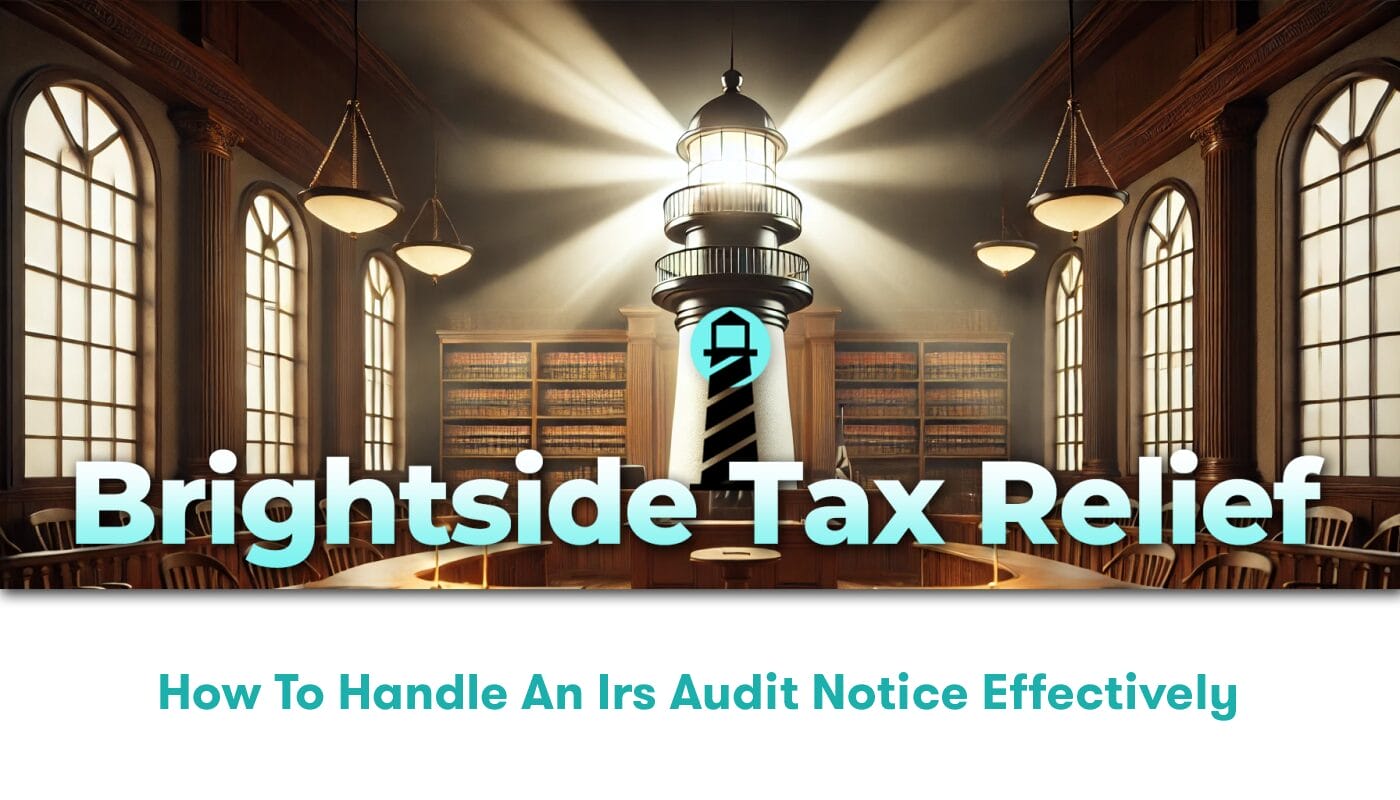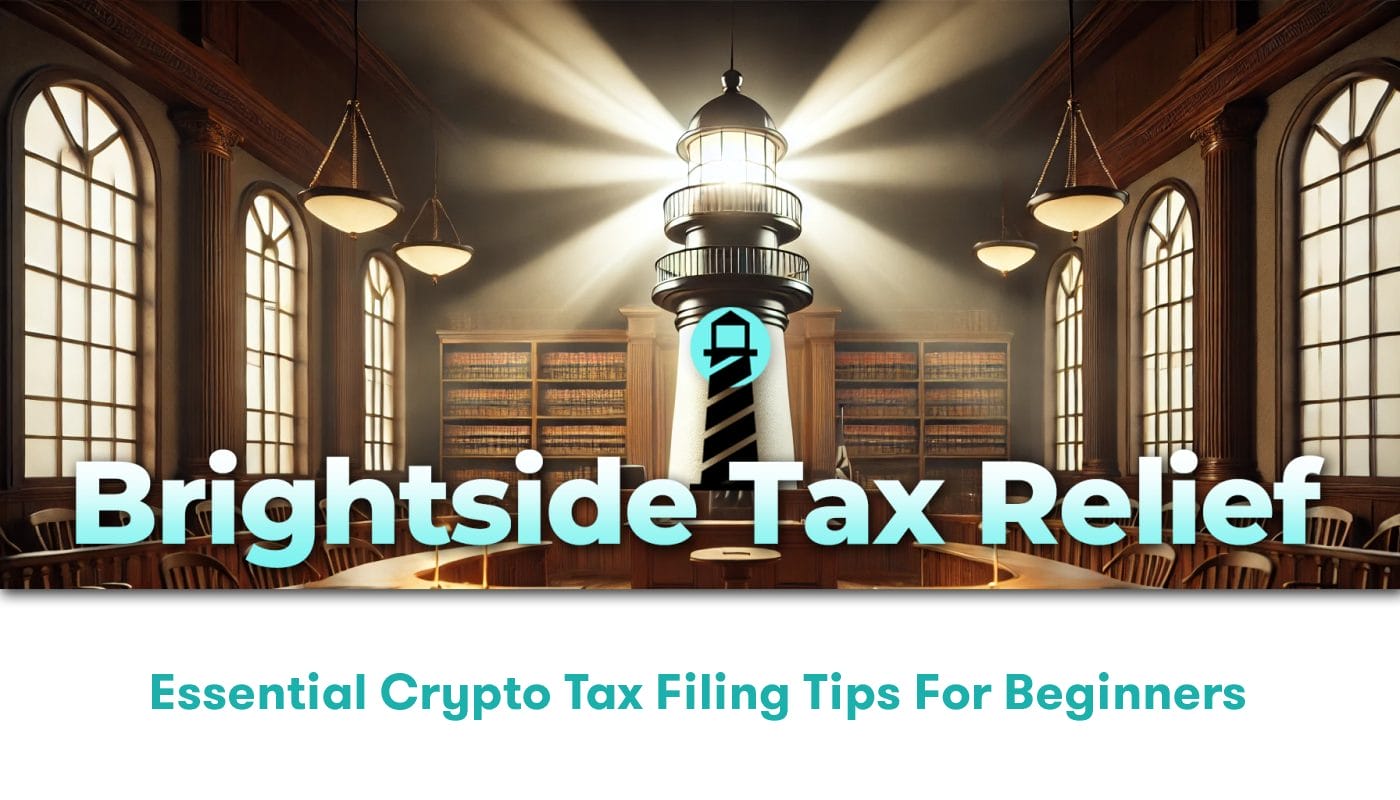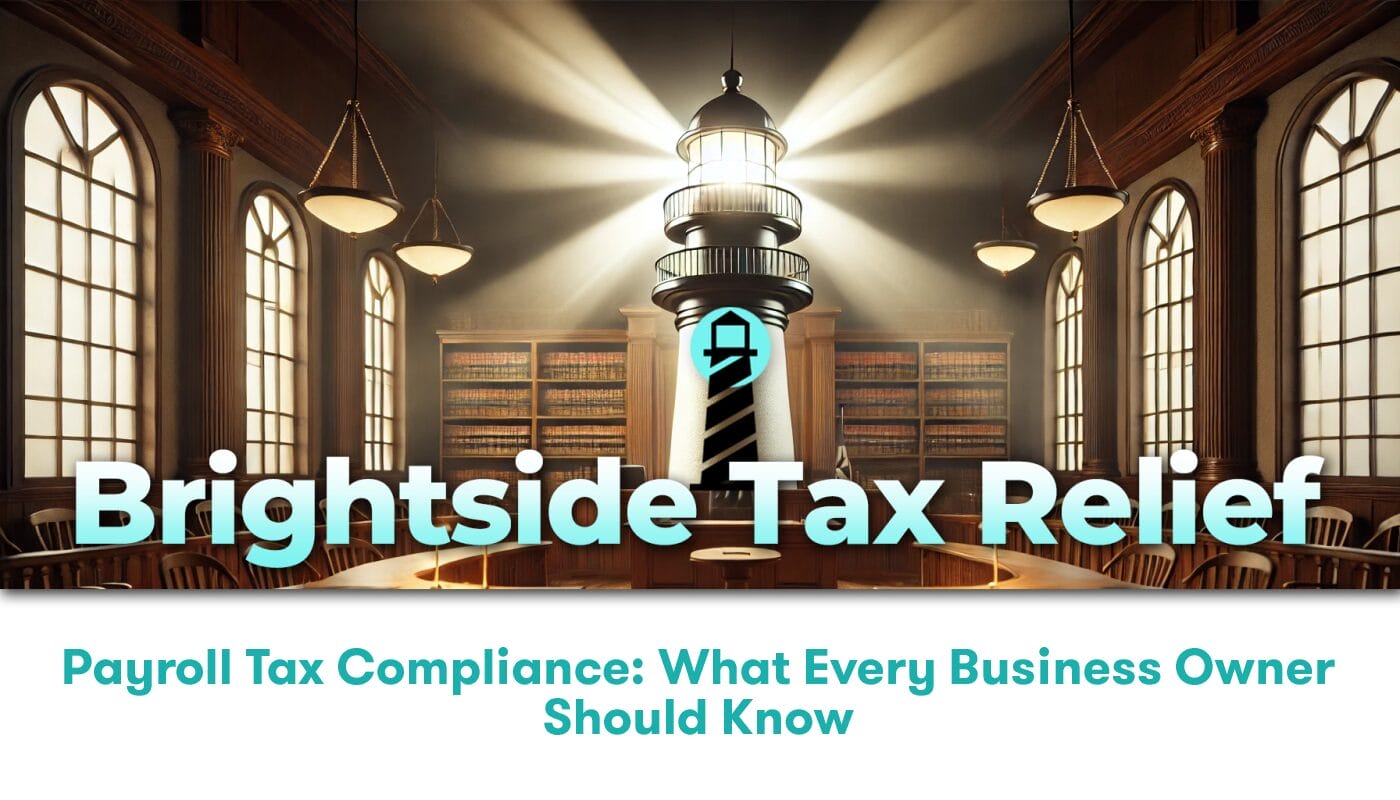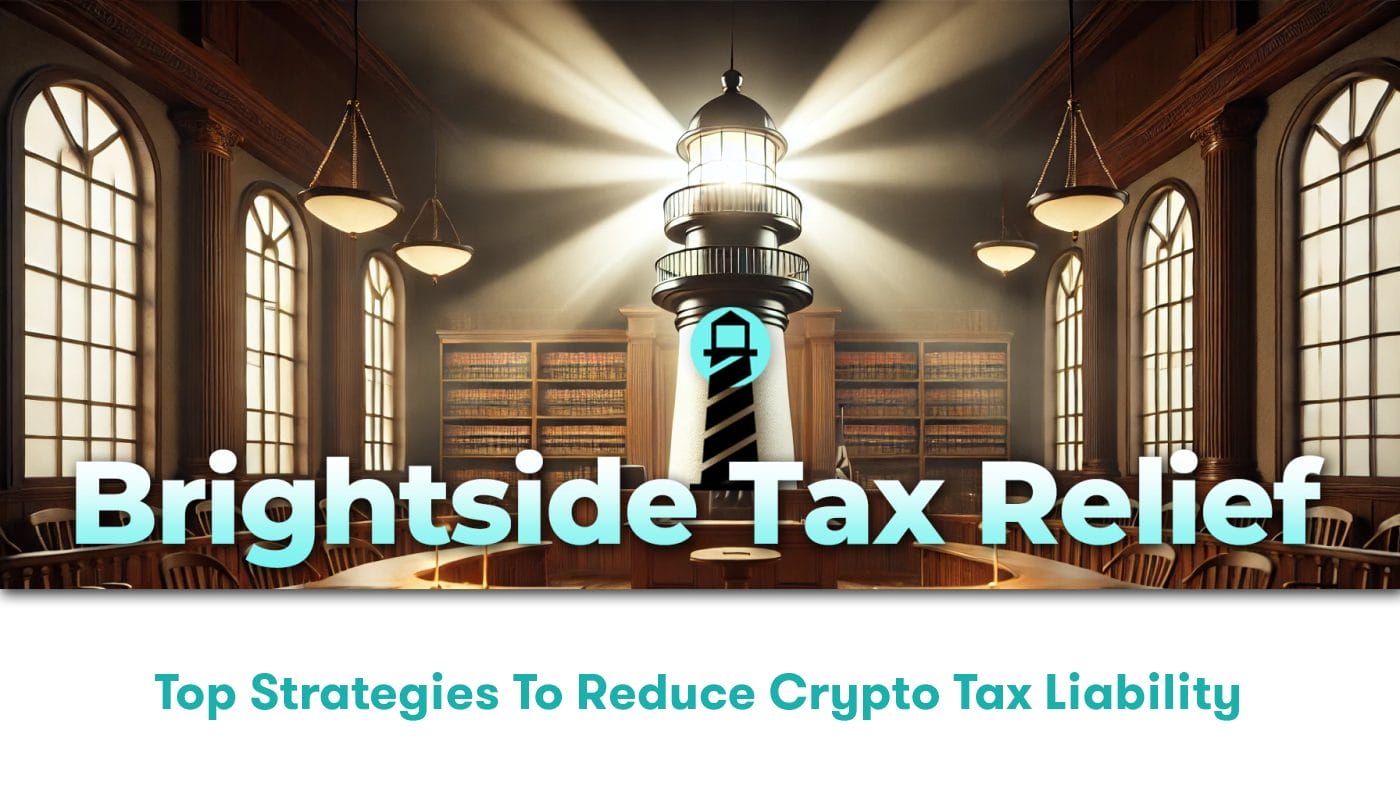Divine Intervention: Decoding Tax Relief for Faith-Based Entities
In the realm of taxation, religious organizations occupy a unique space, often enjoying special privileges and exemptions. However, navigating the complex landscape of tax relief for these entities can be as challenging as deciphering ancient religious texts. Whether you’re a small community church or a sprawling international ministry, understanding the intricacies of tax relief is crucial for maintaining your organization’s financial health and focusing on your spiritual mission.
At its core, tax relief for religious organizations stems from the constitutional principle of separation of church and state. This separation isn’t just about keeping religious influence out of government; it also means keeping government hands out of religious coffers. The Internal Revenue Service (IRS) recognizes the unique nature of religious institutions and offers various forms of tax relief to support their operations and charitable works.
One of the most significant benefits for religious organizations is their potential qualification for tax-exempt status under Section 501(c)(3) of the Internal Revenue Code. This coveted designation not only exempts the organization from federal income tax but also allows donors to claim tax deductions for their contributions. However, achieving and maintaining this status requires careful adherence to IRS guidelines and regulations, which can be a divine test of patience and administrative prowess.
Heavenly Deductions: A Closer Look at Religious Tax Exemptions
When it comes to tax relief for religious organizations, the devil is truly in the details. While the broad strokes of tax exemption may seem straightforward, the finer points can be as numerous as the stars in the sky. For instance, property tax exemptions are a significant boon for many religious institutions, allowing them to allocate more resources to their spiritual and charitable missions rather than paying hefty real estate taxes.
However, these property tax exemptions aren’t universal or automatic. They often vary by state and locality, with some jurisdictions offering blanket exemptions for religious properties, while others scrutinize the use of each square foot. A church sanctuary might be exempt, but what about the attached bookstore or café? These questions can lead to heated debates and even legal battles, making it essential for religious organizations to stay informed about local tax laws and regulations.
Another area of tax relief that requires careful consideration is employment taxes. While ministers and certain religious workers may be exempt from self-employment taxes, religious organizations still have obligations when it comes to payroll taxes for non-ministerial employees. Navigating these waters requires a deft touch and a thorough understanding of IRS guidelines to ensure compliance while maximizing available relief.
Furthermore, religious organizations must be mindful of unrelated business income tax (UBIT). While their primary religious and charitable activities may be tax-exempt, any significant income from unrelated business activities could be subject to taxation. This means that if your church decides to open a profitable coffee shop or your synagogue runs a successful catering business, you may need to report and pay taxes on that income, even if the profits are used to support your religious mission.
Brightside’s Blessing: Your Guiding Light in Religious Tax Relief
When it comes to managing tax relief for religious organizations, having a knowledgeable and experienced partner can be nothing short of a godsend. This is where Brightside Tax Relief shines like a beacon of hope in the often murky waters of religious taxation. With a nationwide presence and a team of experts well-versed in the unique challenges faced by faith-based entities, Brightside Tax Relief offers a divine combination of local insight and broad expertise.
One of the key advantages of choosing Brightside Tax Relief is their deep understanding of state-specific tax laws and regulations. While federal tax exemptions for religious organizations are consistent across the country, state and local tax relief can vary significantly. Brightside’s team stays up-to-date on these regional variations, ensuring that your organization doesn’t miss out on any potential tax benefits or inadvertently run afoul of local regulations.
Moreover, Brightside Tax Relief recognizes that each religious organization is unique, with its own set of challenges and opportunities. Whether you’re a small rural church struggling with property taxes or a large urban ministry navigating complex employment tax issues, Brightside’s experts can provide tailored solutions that address your specific needs. They don’t just offer one-size-fits-all advice; they take the time to understand your organization’s mission, structure, and financial situation to develop a comprehensive tax relief strategy.
Perhaps most importantly, Brightside Tax Relief understands the delicate balance between financial stewardship and spiritual mission that religious organizations must maintain. They approach each case with sensitivity and respect for your organization’s values and goals, ensuring that their tax relief strategies align with your broader mission. This holistic approach sets Brightside apart from other tax relief companies that may not fully appreciate the unique position of religious entities in the tax landscape.
Navigating the Tax Relief Maze: Why Brightside Shines for Religious Organizations
When it comes to tax relief for religious organizations, not all tax relief companies are created equal. Brightside Tax Relief stands out from the crowd, offering a unique blend of expertise, personalized service, and a deep understanding of the specific challenges faced by religious institutions. With their nationwide reach and specialized knowledge, Brightside has become the go-to choice for churches, synagogues, mosques, and other faith-based organizations seeking tax relief assistance.
One of the key factors that set Brightside apart is their team of seasoned professionals. These tax experts have years of experience working with religious organizations and are well-versed in the intricacies of tax laws that apply specifically to these entities. They understand the unique financial structures, donation systems, and reporting requirements that religious organizations must navigate, ensuring that no stone is left unturned when it comes to identifying potential tax relief opportunities.
Moreover, Brightside Tax Relief takes a holistic approach to tax relief for religious organizations. They don’t just focus on immediate tax issues but also work with their clients to develop long-term strategies for financial health and compliance. This forward-thinking approach helps religious organizations avoid future tax problems and maintain their tax-exempt status, which is crucial for their continued operation and mission fulfillment.
Enlightening Answers: Your Burning Questions about Tax Relief for Religious Organizations
When it comes to tax relief for religious organizations, there’s no shortage of questions. Let’s shed some light on some of the most frequently asked queries that Brightside Tax Relief encounters:
“Are all religious organizations automatically tax-exempt?” This is a common misconception. While many religious organizations do qualify for tax-exempt status, it’s not automatic. Organizations must apply for and maintain this status, which involves meeting specific criteria and following strict guidelines. Brightside Tax Relief can guide organizations through this process, ensuring all requirements are met and maintained.
“What types of taxes can religious organizations be liable for?” Contrary to popular belief, religious organizations aren’t entirely free from tax obligations. They may still be responsible for payroll taxes, unrelated business income tax (UBIT), and certain state and local taxes. Brightside’s experts can help identify potential tax liabilities and develop strategies to minimize them.
“How can a religious organization lose its tax-exempt status?” This is a crucial concern for many faith-based institutions. Tax-exempt status can be revoked if an organization engages in prohibited activities, such as political campaigning, or fails to file required returns for three consecutive years. Brightside Tax Relief works proactively with clients to ensure compliance and avoid such pitfalls.
Blessed Steps: Embarking on Your Tax Relief Journey with Brightside
Ready to take the leap towards tax relief nirvana? Here’s how you can get started with Brightside Tax Relief and set your religious organization on the path to financial enlightenment:
First, reach out to Brightside Tax Relief for an initial consultation. You can easily do this by calling their dedicated hotline at 844-638-0800. During this conversation, you’ll have the opportunity to discuss your organization’s specific situation, concerns, and goals. Brightside’s friendly experts will listen attentively and provide preliminary insights based on their vast experience with religious organizations.
Next, Brightside will conduct a comprehensive review of your organization’s financial and tax situation. This thorough analysis will help identify areas of concern, potential tax relief opportunities, and strategies for long-term financial health. Don’t worry if you’re not a tax expert yourself – Brightside’s team will explain everything in clear, easy-to-understand terms, ensuring you’re fully informed every step of the way.
Once the review is complete, Brightside will present a customized action plan tailored to your organization’s unique needs. This plan will outline specific steps to address any current tax issues, strategies to optimize your tax situation going forward, and recommendations for maintaining compliance with relevant tax laws and regulations. With Brightside by your side, you’ll have a clear roadmap to navigate the complex landscape of tax relief for religious organizations.





